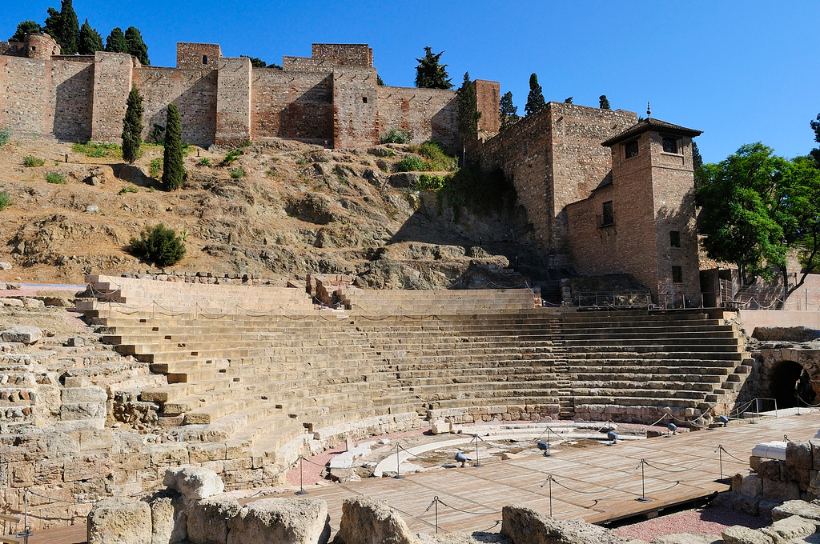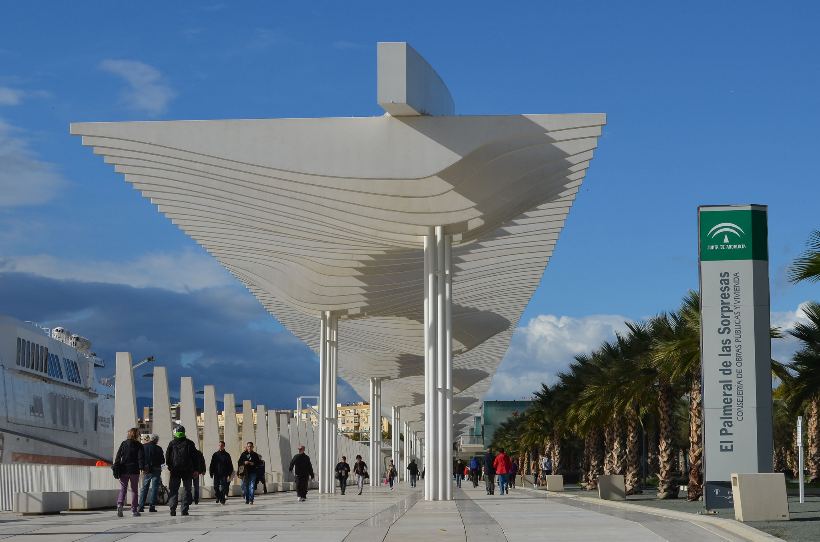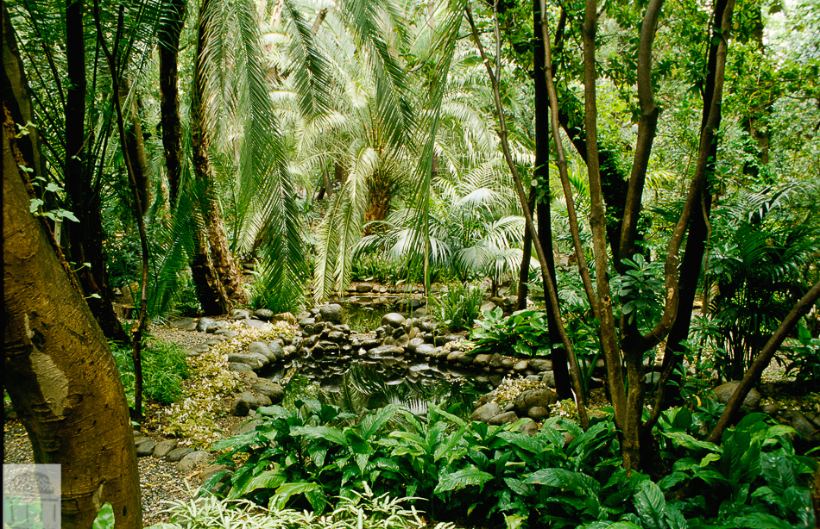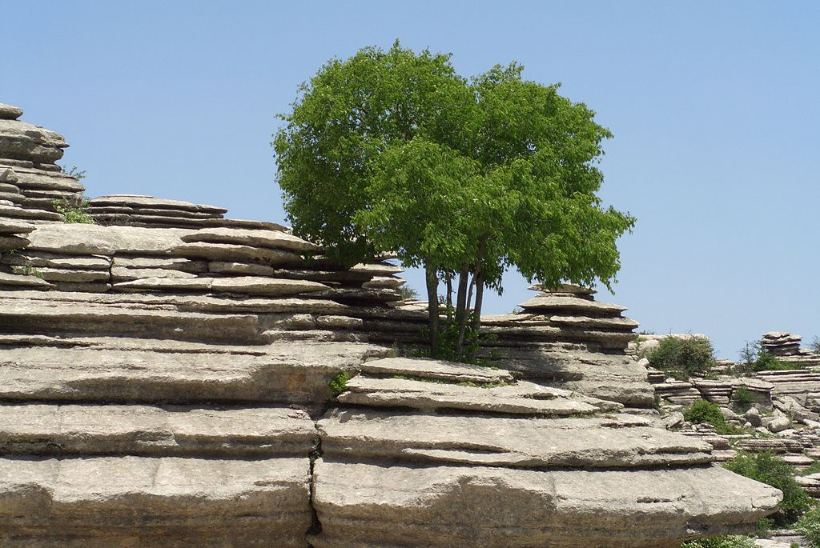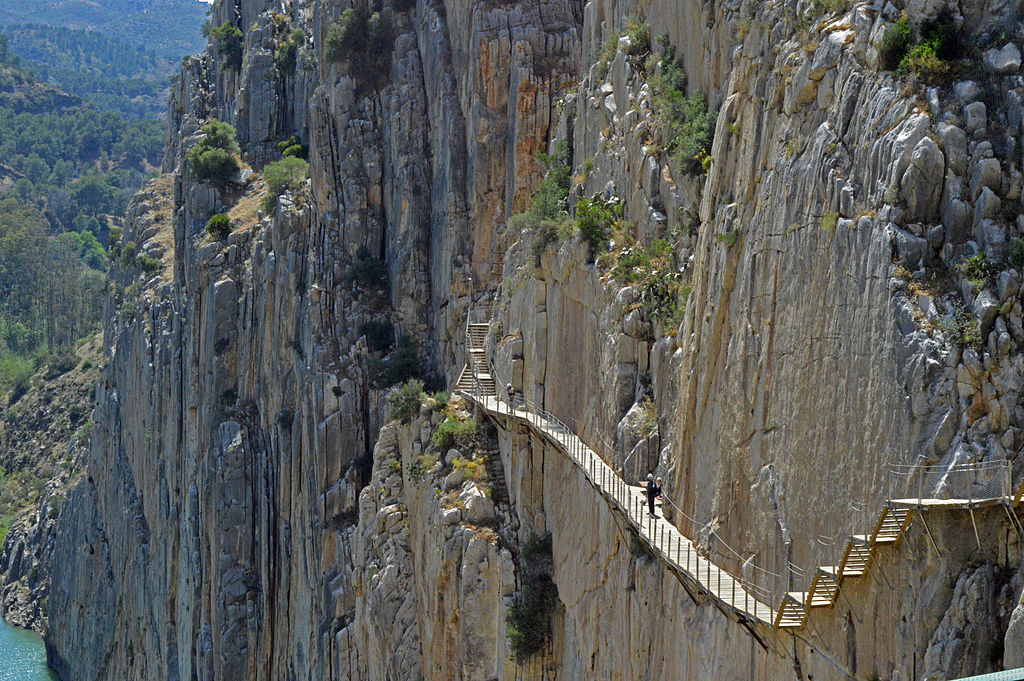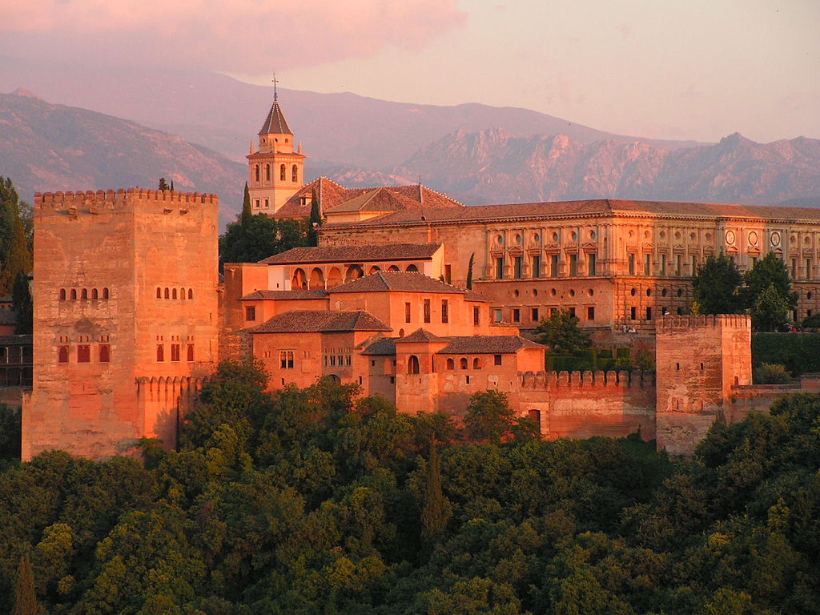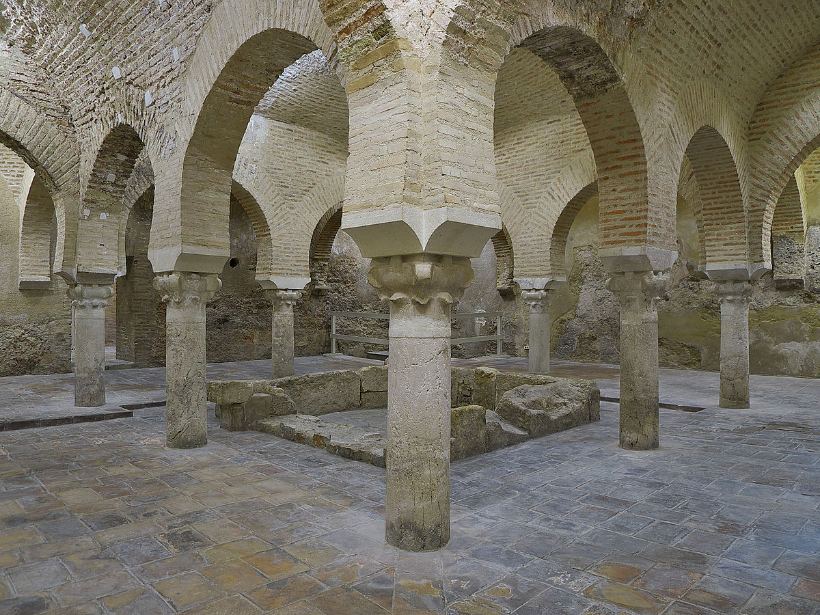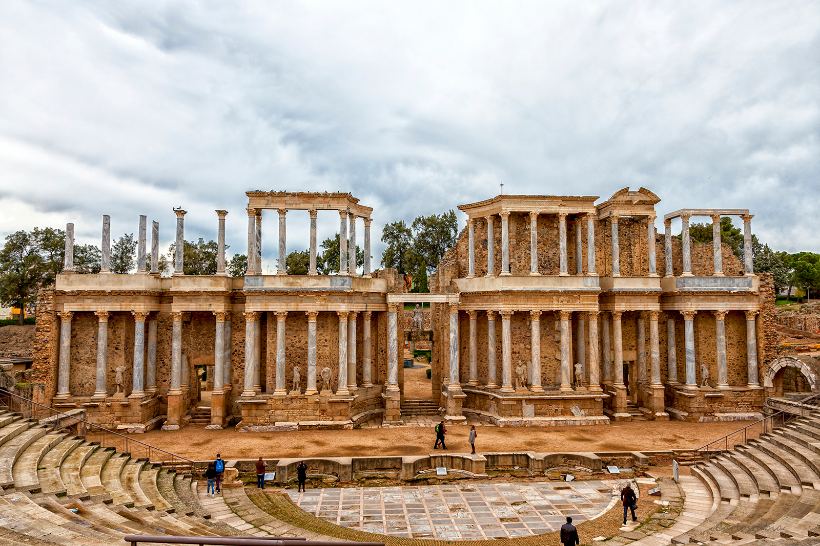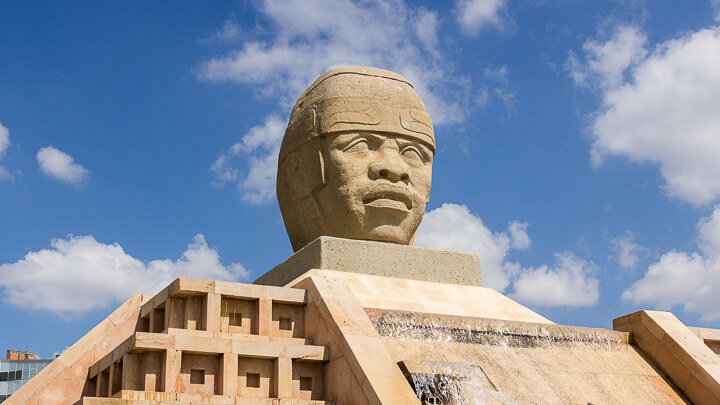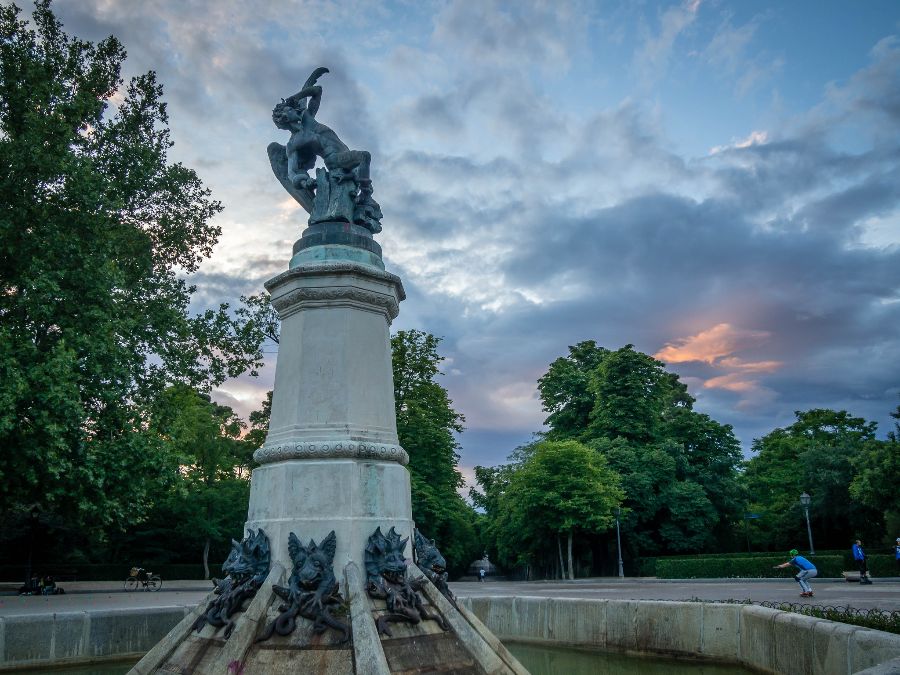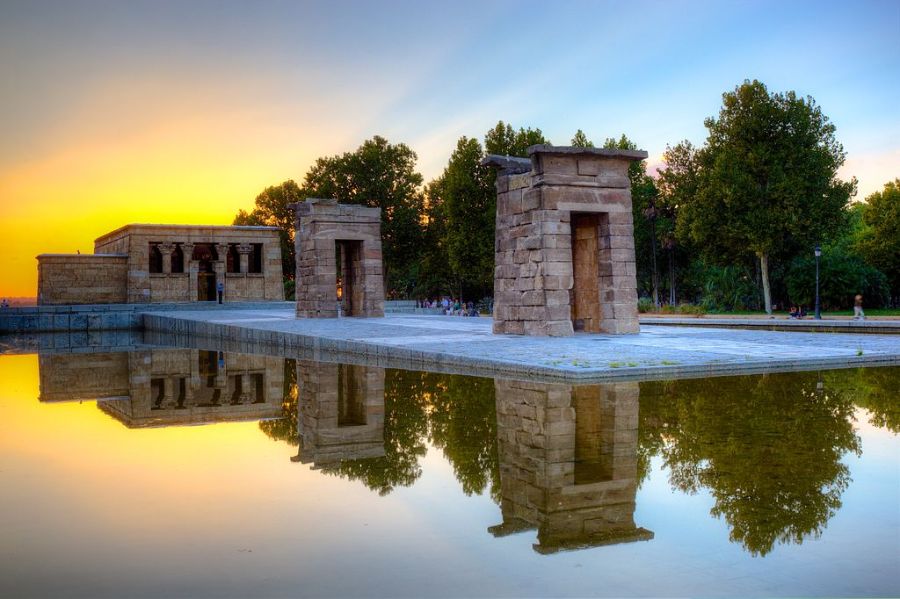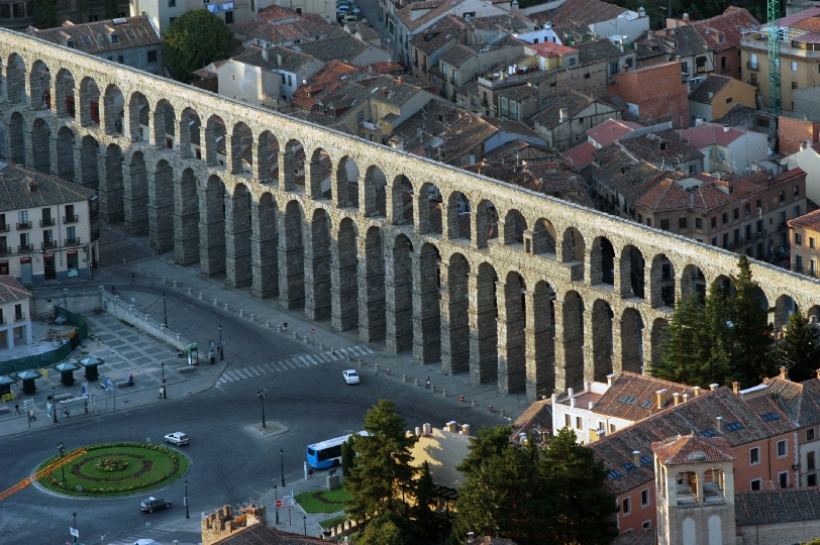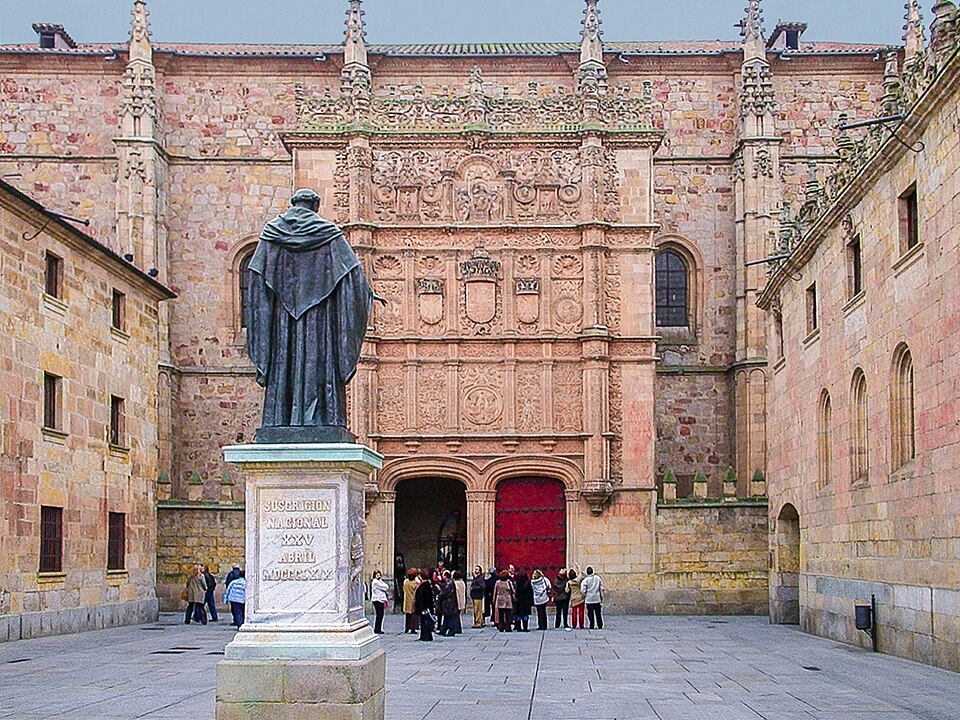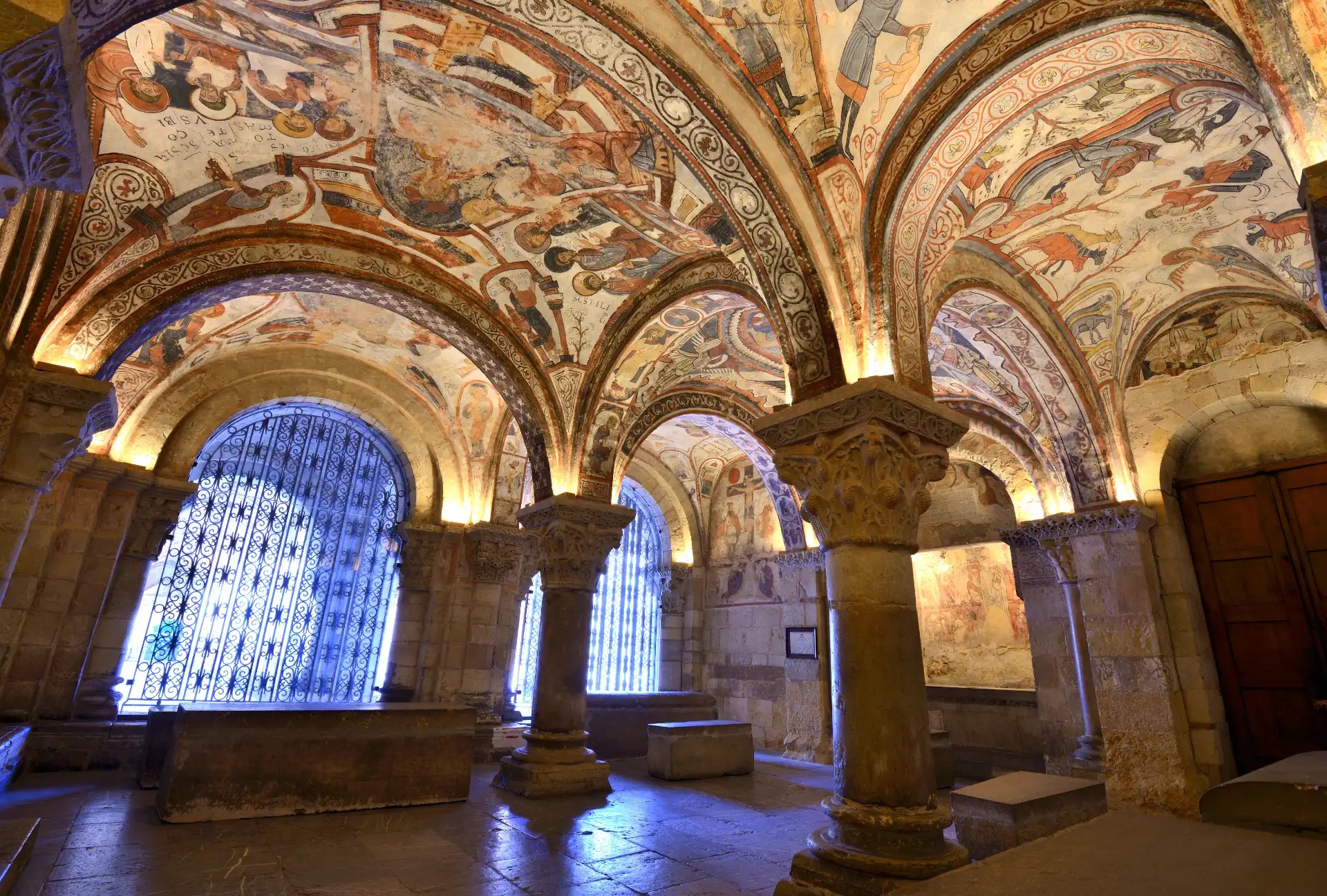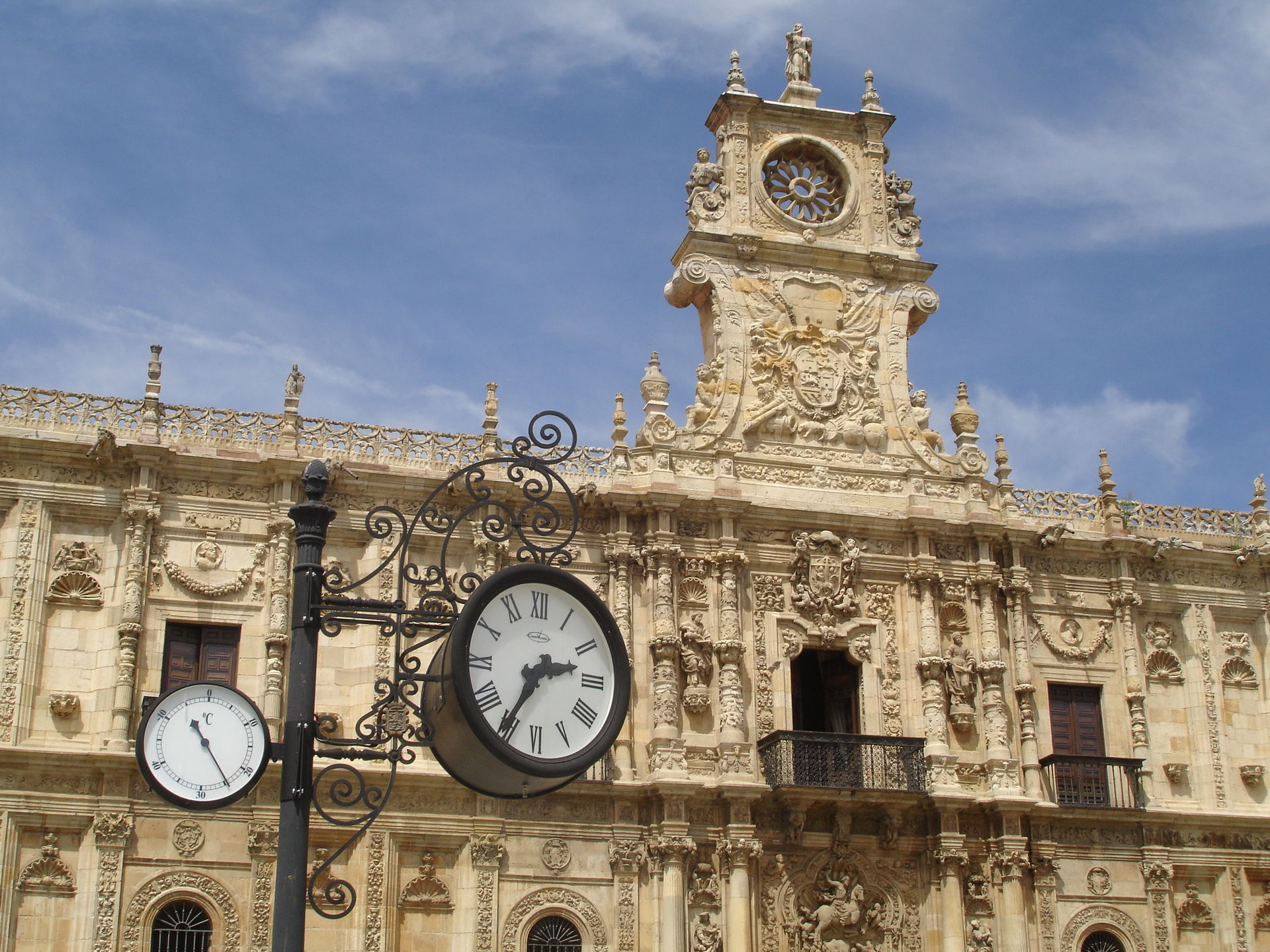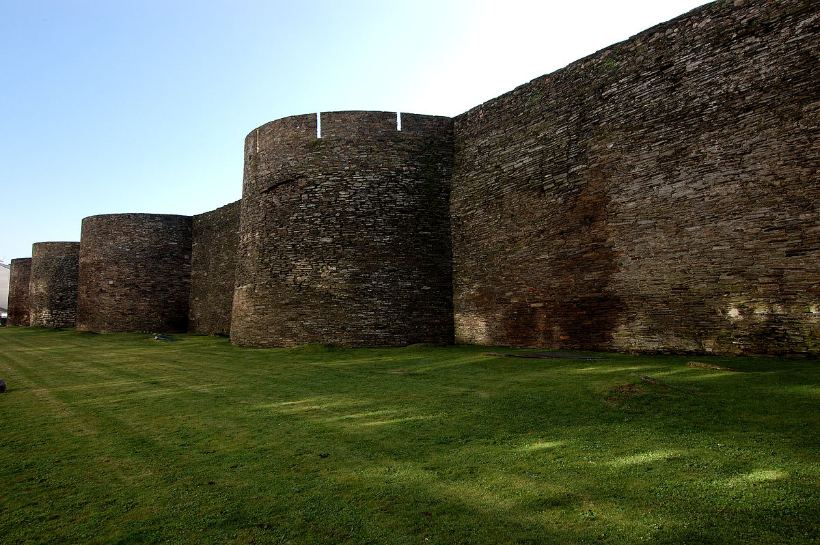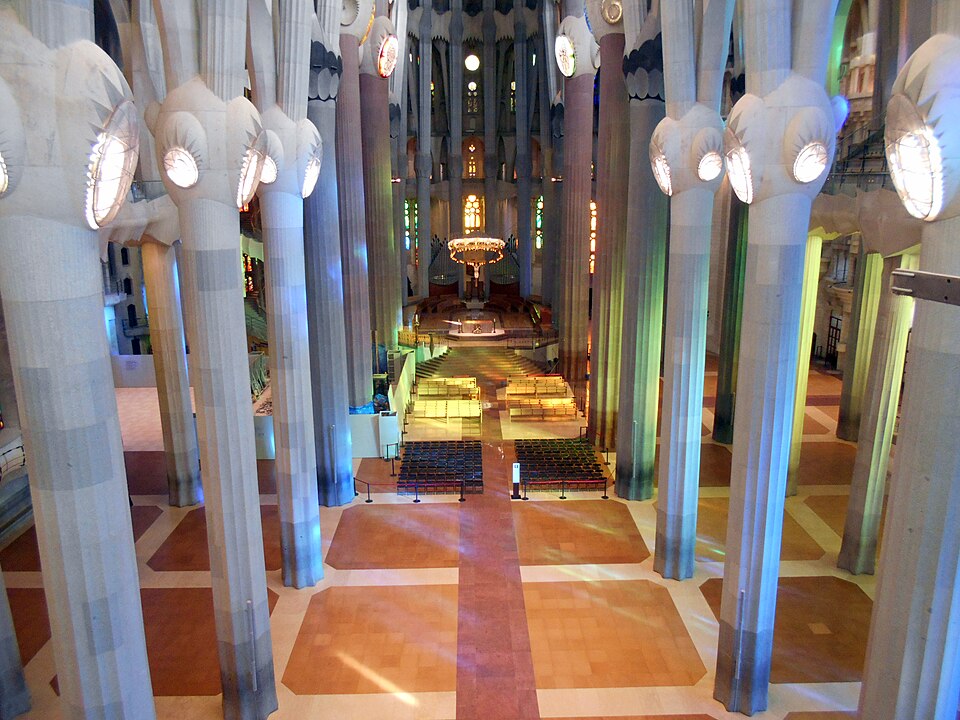La Alcazaba of Málaga, Built 1057–1063
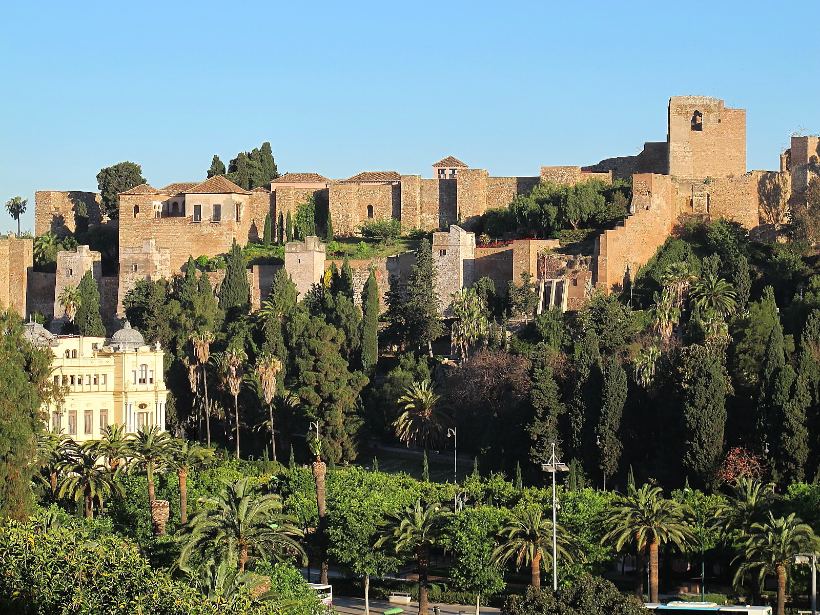

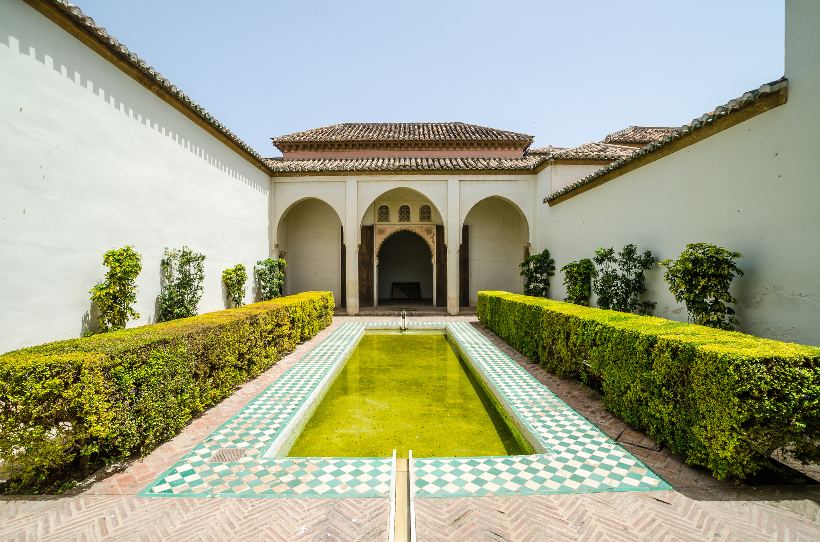
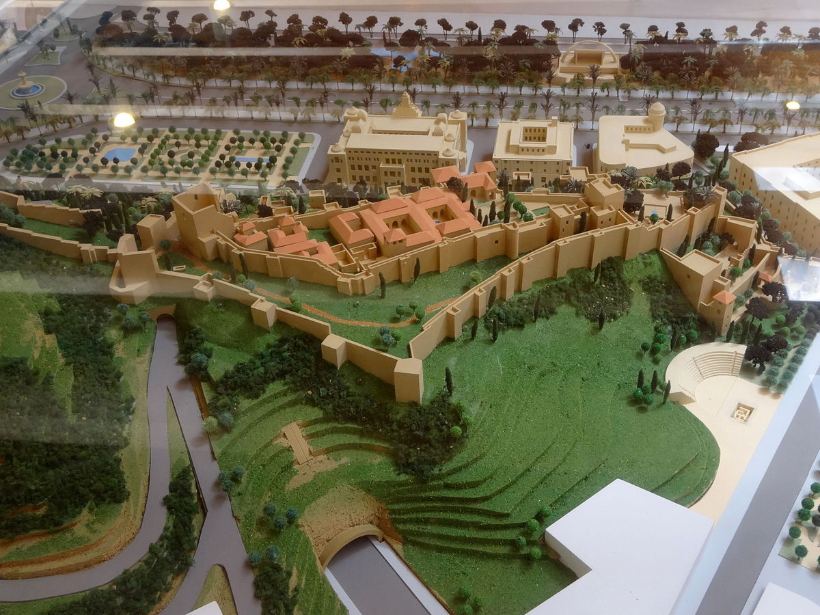
Actualizado el
The La Alcazaba of Málaga—Arabic for “citadel”—is a majestic Muslim-era palace fortress erected on Phoenician remains. A symbol of the city, it charms architecture and history enthusiasts alike.
Location & Context
Perched on Mount Gibralfaro’s slopes, above the Roman Theatre and below the Gibralfaro Castle, and facing the Renaissance Customs House, it spans four cultures in meters.
Architecture
- Dates: 1057–1063 by the Berber king Badis of Granada.
- Materials: rubble masonry with reused Roman columns, capitals and ashlar.
- Area: 15 000 m² today (originally twice as large).
- Defenses: double walls, albarrana towers, caliphal windows, central cistern.
- Urbanism: an adjacent Muslim quarter with advanced drainage systems.
Highlights
- Courtyard of Orange Trees: central fountain and fragrant groves.
- First Enclosure Halls: aristocratic quarters with horseshoe arches and Mudejar screens.
- Ramparts & Towers: walkway overlooking port and city.
- Main Cistern: monumental water tank with underground passages.
Visitor Information
- Address: Calle Alcazabilla, beside the Roman Theatre.
- Hours: daily 9:00–20:00 (check holidays).
- Tickets: combined Alcazaba + Gibralfaro; purchase on-site or online.
- Access: partially adapted; steep slopes.
Climb the Alcazaba, walk its ancient walls, and see Málaga spread at your feet: a balcony of Mediterranean history and legend.
How to get there
Se encuentra en la Calle Alcazabilla, 2. (29012) Málaga.
Decimal: 36.721111°, -4.415833°
DMS: 36°43'16" N, 4°24'57" O
